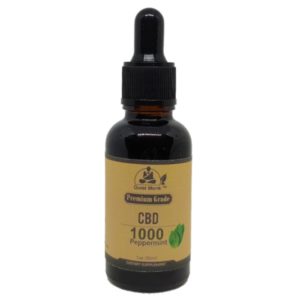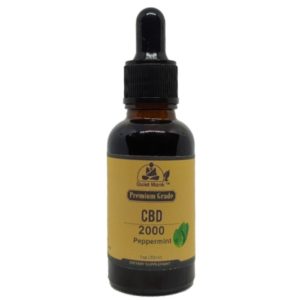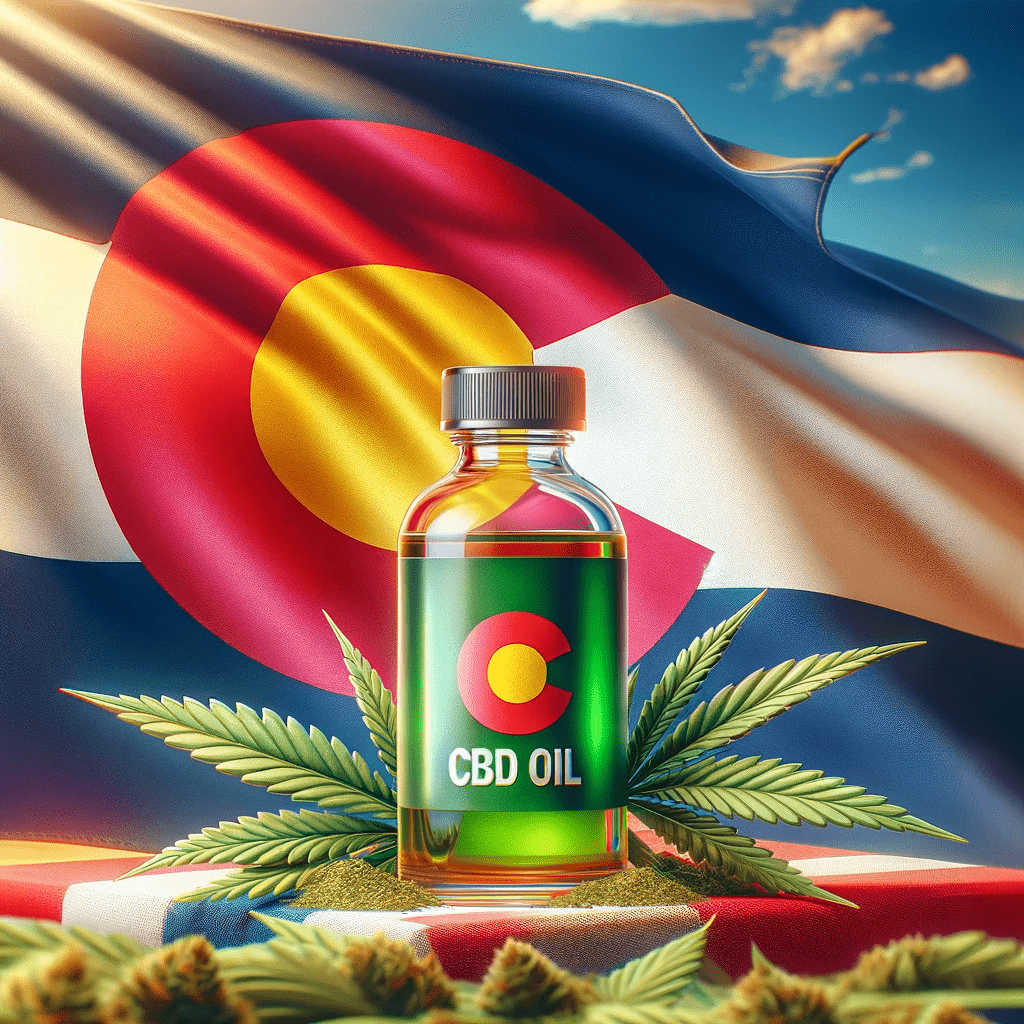
Yes, you can legally buy and use CBD oil in Colorado.
CBD oils come from either marijuana or industrial hemp. People can use CBD oils from industrial hemp without any age limit because they have such a low THC level that they can’t make you feel high. The 2018 Farm Bill took industrial hemp and its CBD oil off the controlled substances list, making it an agricultural product. CBD oil from marijuana is also legal. Colorado’s Amendment 64 lets people who are 21 and older buy, have, use, and carry regulated amounts of marijuana-derived CBD oil. The Colorado Department of Public Health and Environment says makers of industrial hemp-derived CBD oil must show that the hemp is from an approved source.
According to the Colorado Wholesale Food, Industrial Hemp and Shellfish Regulation, an approved source is:
- A maker of industrial hemp registered with the Colorado Department of Public Health and Environment as per Section 25-5-426 of the Colorado Revised Statutes
- A source Generally Recognized As Safe (GRAS)
- Hemp seed, hemp seed co-products, and hemp seed by-products
- Industrial hemp or hemp products from another state with an approved industrial hemp program
- Industrial hemp or hemp products from another country with regulated hemp standards under a food safety program that makes sure the product is safe for humans to eat
People using industrial hemp-derived CBD oil don’t need a prescription and aren’t limited by age. However, marijuana-derived CBD oil has more THC and can make you feel high; that’s why Amendment 64 has an age limit for using it.
What are Colorado CBD Laws in 2023?
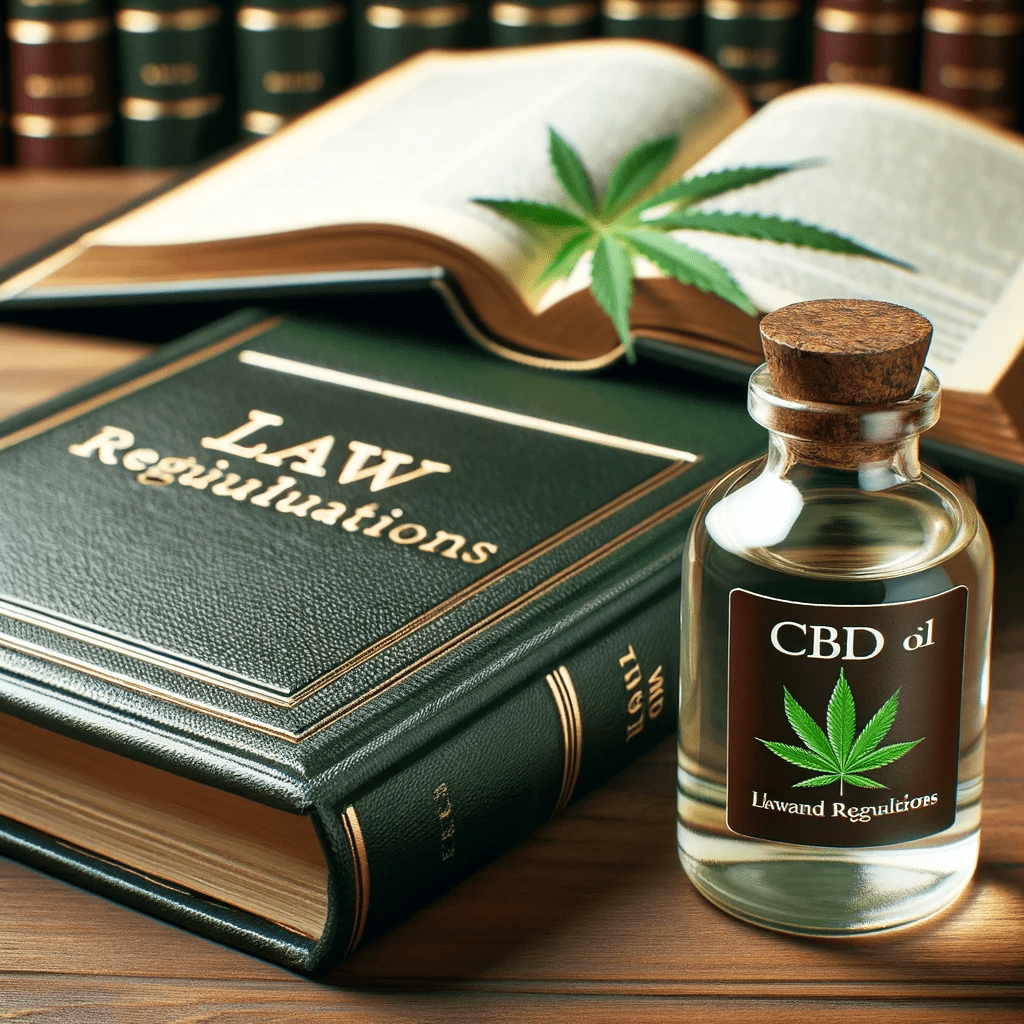
Colorado Revised Statutes 2017 allows growing and selling industrial hemp. Section 35-61-101(7) defines industrial hemp as a cannabis plant with no more than 0.3% THC by dry weight. Section 35-61-102 lets people grow industrial hemp for commercial, research, and development. Section 35-61-105 says that anyone registered to grow industrial hemp must report at least once a year, or as often as the CDPHE requires, including:
- Proof that the hemp they will grow has no more than 0.3% THC by dry weight
- Any other information the agriculture commissioner needs
The section also lets the agriculture commissioner, with advice from the state agricultural commission, make rules for checking the THC level in hemp plants. These rules include how a registered person can ask to grow hemp with more THC than the limit. Section 35-36-102(7) of the Commodity Handlers and Farm Products Act says unprocessed industrial hemp is a commodity. Section 35-36-102(14) also says industrial hemp is a farm product. These sections let people registered under Article 61 of the Colorado Revised Statute have, process, make, transport, or distribute industrial hemp. They can also sell products made from it, like CBD oil, without facing any legal trouble.
Section 35-36-301 of the Commodity Handlers and Farm Products Act says anyone selling industrial hemp in Colorado must have one of these three licenses:
- Agent: Someone who buys, gets, makes deals for, or sells farm products for owners, or who negotiates consignments or buys farm products for a dealer or small-volume dealer.
- Dealer: Someone in the business of buying farm products from an owner for processing or resale, taking farm products for storage or safekeeping, making deals for farm product sales, getting farm products on consignment or soliciting them from an owner to sell for a commission, or buying farm products or commodities from owners for commercial livestock feeding by someone else (but they must be dealing with at least 2,500 livestock to count as a dealer).
- Small volume dealer: Someone who buys farm products for processing, resale, or feeding livestock but not as much as a dealer would.
There’s no limit on having industrial hemp-derived CBD in Colorado, as studies don’t link CBD use with abuse, bad reactions, or other risks.
What are Colorado CBD Possession Limits?
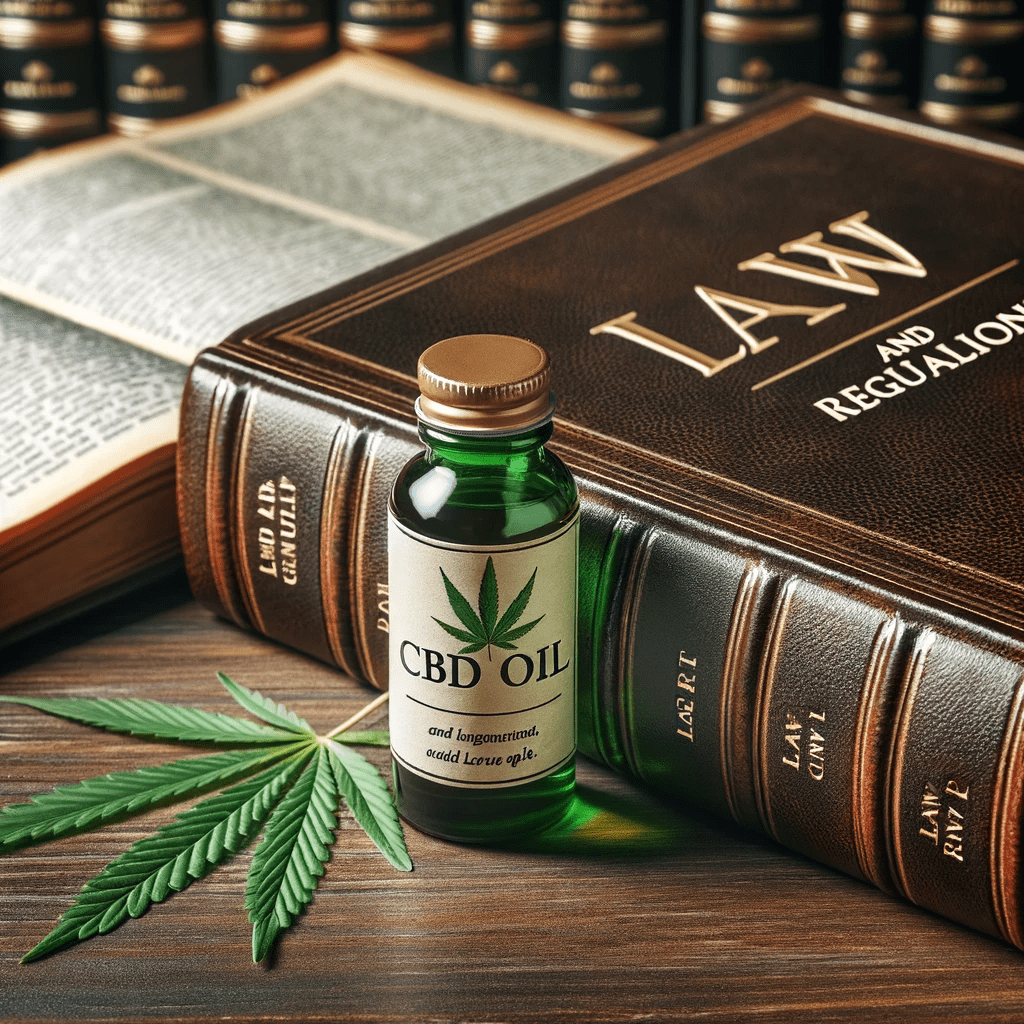
The Colorado Department of Public Health and Environment doesn’t limit how much CBD oil or other CBD products you can have. But, the department says CBD product makers must list the product’s source on the label. There’s no age limit for having Industrial hemp-derived CBD in the state, unlike marijuana-derived CBD. Only people 21 or older can have marijuana-derived CBD.
Can Doctors Prescribe CBD Oil in Colorado?
Yes, Colorado laws let doctors prescribe CBD oil to treat serious medical conditions. Senate Bill 19-013 sets rules for doctors to recommend CBD oil for treating serious medical conditions for people under 18. These young people must have a diagnosis of a serious medical condition from two doctors. One of these doctors must be:
- A pediatrician certified by the Colorado medical board
- A family physician certified by the Colorado medical board
- A child and adolescent psychiatrist certified by the Colorado medical board and part of the patient’s primary care team
If the recommending doctor isn’t part of the patient’s primary care team, they must review records from:
- The diagnosing doctor
- The licensed mental health provider who treated the patient within their practice scope
How Old Do You Have to Be to Buy CBD in Colorado?
Colorado requires people wanting to buy CBD within the state to be 18 or older. This rule keeps CBD products away from minors and requires CBD shops and dispensaries to check IDs to confirm ages before selling CBD products.
What are the Licensing Requirements for CBD in Colorado?
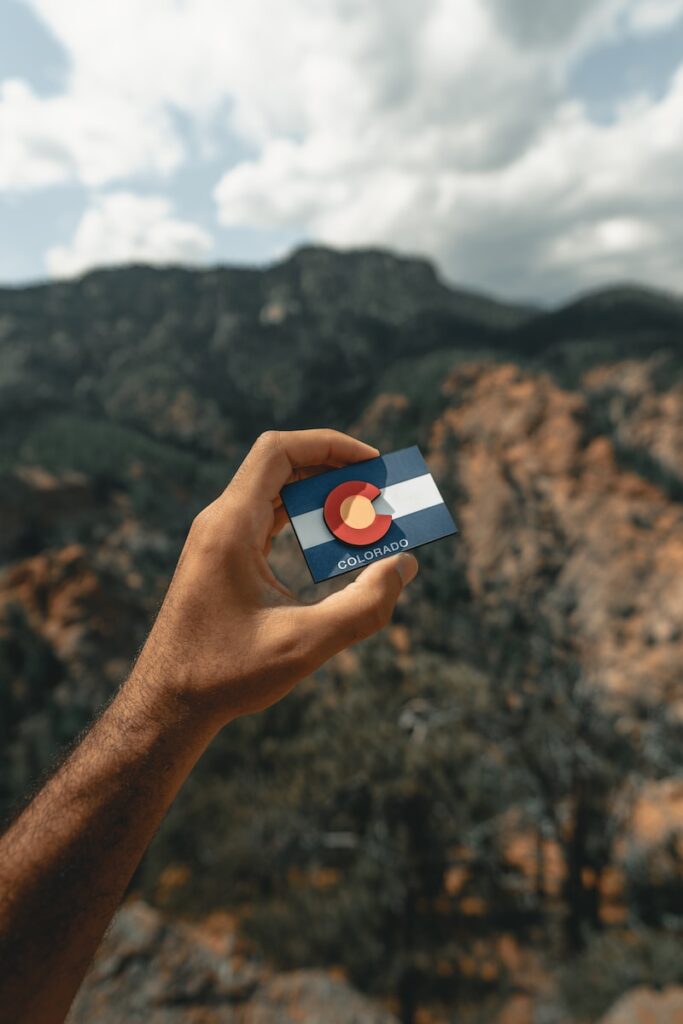
Colorado doesn’t need a license to grow or make CBD products with less than 0.3% THC. However, under Section 35-61-104 of the Colorado Industrial Hemp program, the Colorado Department of Agriculture requires industrial hemp growers to get a commercial registration. This lets holders grow industrial hemp for commerce, market development, and market research. Institutions can get a Research and Development (R&D) registration to grow industrial hemp under pilot programs.
Before applying, potential growers should check with their county, city, and homeowner association about any hemp zoning restrictions. They should also note that they can’t grow marijuana on any land covered by their industrial hemp commercial cultivation certificate, even if they want to grow marijuana for medical or recreational purposes. Industrial hemp commercial license applicants need to include these details:
- The GPS coordinates of the land area for cultivation (in decimal degrees)
- A clear satellite view map of the land area (preferably from Google Maps)
- Variety names of the hemp plant, if available
- Required payment
Prospective industrial hemp growers must pay a $500 registration fee plus:
- $5 for every outdoor acre of industrial hemp or
- $3 for every 1,000 square feet of industrial hemp indoors
Sellers of CBD products in Colorado must also get a license. They can apply as a dealer, an agent, or a small volume dealer. Section 35-36-302 of the Commodity Handlers Act requires applicants to send a written application to the Agriculture Commissioner with:
- Their full name
- Whether they are a firm, exchange, association, or corporation
- The full names of each firm member or company owners; for an exchange, association, or corporation
- The main business address in Colorado or elsewhere, and the name of the person authorized to receive legal notices for the applicant
The Commissioner of Agriculture will check the applicant’s character, responsibility, and honesty to do the business they applied for. This check is guided by Section 24-5-101 of the Colorado Revised Statute to see if the applicant has criminal convictions or court-issued collateral relief and other things about their criminal history.
Applicants must also pay a license application fee. The Colorado Agricultural Commission will decide the amount as per Section 35-36-303 of the Commodity Handlers Act.
Colorado has labeling rules for marijuana and industrial hemp product makers using CBD as ingredients for food and drinks. These rules include:
- The total cannabinoid content, including THC in milligrams (though THC content might not be listed if the CBD product has less than 0.3% THC)
- No health claims about the products
- A note that the product is not FDA approved
Where to Buy CBD in Colorado?
You can buy CBD oils and other CBD products from over 590 licensed marijuana stores in Colorado. You can also find CBD oils and products in vape stores, head shops, natural health shops, wellness centers, and online shops in the state. Technically, the FDA still sees infusing CBD in foods and drinks as illegal. Despite this, many sellers offer CBD-infused foods and drinks across Colorado, but they can’t sell them in areas under federal control or across state borders.
What is CBD Oil?
CBD oil is made by mixing CBD extract with a carrier oil like hemp seed oil or coconut oil. CBD is thick like paste when extracted from a cannabis plant. Mixing it with a carrier oil keeps it stable and easier to use.
CBD, or Cannabidiol, is one of the main parts of cannabis and industrial hemp. It usually comes from the hemp plant. Meanwhile, tetrahydrocannabinol (THC) is mostly found in marijuana and in small amounts in hemp plants. Unlike THC, CBD doesn’t have parts that make you feel high when you use it. CBD isn’t addictive.
Harvard Health Publishing says CBD may help manage some health issues like:
- Anxiety
- Insomnia
- Chronic pain: CBD may help reduce pain and inflammation from arthritis and nerve conditions
- Addiction: CBD might help control the craving for tobacco and heroin in addicts
CBD comes in different forms like:
- CBD oils
- CBD edibles, such as chocolates, drinks, baked goods, and gummies
- Topicals like balms, creams, lotions, and ointments
- Pills and Capsules
- Vaping liquids
The FDA hasn’t approved CBD as an ingredient for Over-The-Counter (OTC) drugs yet. It forbids CBD-infused drugs from being sold or distributed in federal areas and interstate commerce. However, the FDA approved one prescription drug with purified CBD liquid for treating seizures. CBD is legal in Colorado. The Colorado Department of Public Health and Environment (CDPHE) regulates CBD use in the state.
What Does CBD Do?
CBD has neuroprotective properties, making it helpful for managing various mental health disorders. It’s good for managing depression and its calming effect helps treat insomnia. One approved use of CBD is treating seizures in people with epilepsy. Besides its neurological benefits, CBD may also help treat chronic pain and inflammation. Its use for improving heart health is reported but needs more research to confirm.

